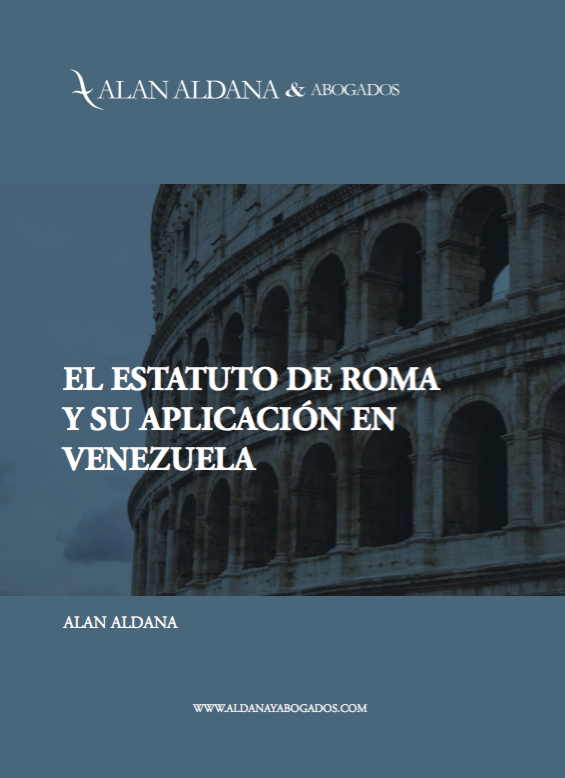The figure of international jurisdiction is defined as ".a legal principle that allows or requires a State to criminally prosecute certain crimes, regardless of the place where they were committed and regardless of the nationality of the perpetrator and the victim", as explained in the publication: The principles of universal jurisdiction and complementarity of the international journal Review of the Red Cross.
This principle of law was established in the four Geneva Conventions of 1949 and was coined because of the need to determine legal responsibility for the events and violations of human rights that occurred during World War II.
The relevance and usefulness of the legal concept was so evident that in 1998 the International Criminal Court as an independent legal entity that can act against crimes against humanity, war crimes, genocide and aggression. This institution is based on the Rome Statute, the implementation of which has generated important changes in the area of international justice.
The laws of each State with respect to the criminalization of this type of crime influence in a certain way the application or action of the legislation established in the Rome Statute. Venezuela was one of the first countries to sign and ratify the aforementioned legal instrument, despite the fact that its domestic jurisdiction does not contemplate the possibility of prosecuting crimes such as genocide or crimes against humanity.
The Rome Statute in Venezuela and International Jurisdiction
So far, genocide or crimes against humanity are not punishable in the national territory.except in the case of residual punishable conducts that coincide with international regulations.
Paradoxical as it may sound, if this type of conduct occurs in Venezuela, the manifestation of international justice is unquestionable.The country subscribed to the Rome Statute without any questioning of the aspects of its domestic legislation that contradicted the guidelines of international jurisdiction.
However, it is necessary for countries to adjust their legal instruments to these pressing international guidelines, so as not to contradict any of their provisions or hinder the work of these higher bodies.
By signing and ratifying the Rome Statute, Venezuela must legislate in order to guarantee effective judicial protection in international jurisdiction. to which it committed itself. This implies not limiting oneself to the generic adjective application offered by the Venezuelan Organic Procedural Code and the Law against Organized Crime and Financing of Terrorism, but also developing systems issued from international application.
At Alan Aldana & Abogados we study all legal mechanisms available in Venezuela to enforce justice and condemn all crimes against human rights.
Download the complete document here.














